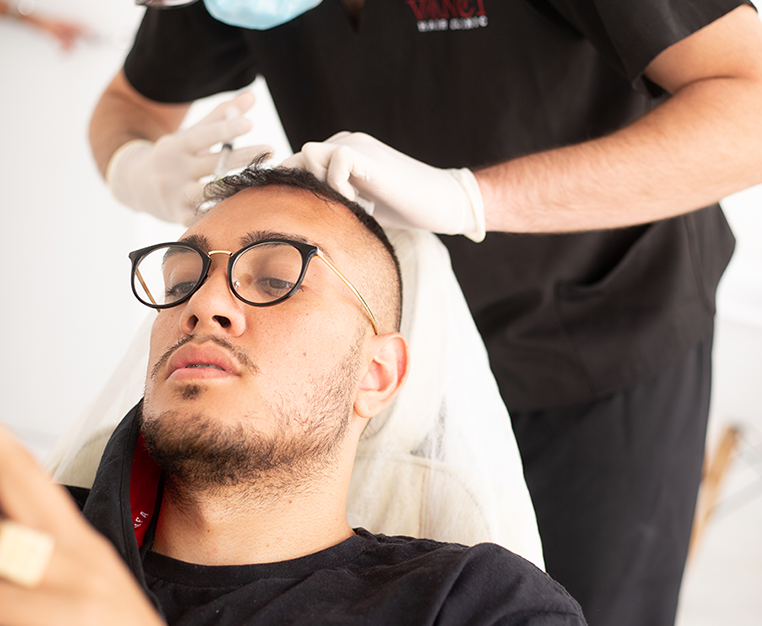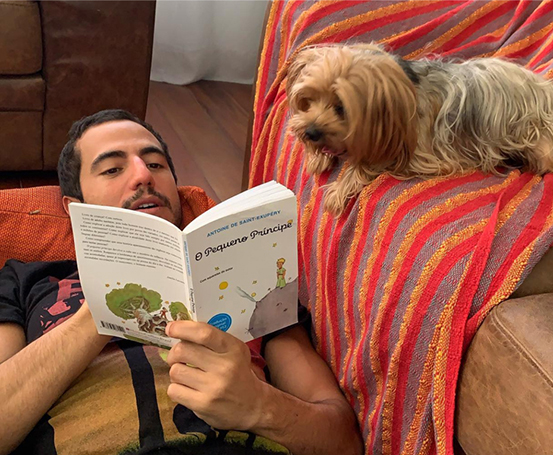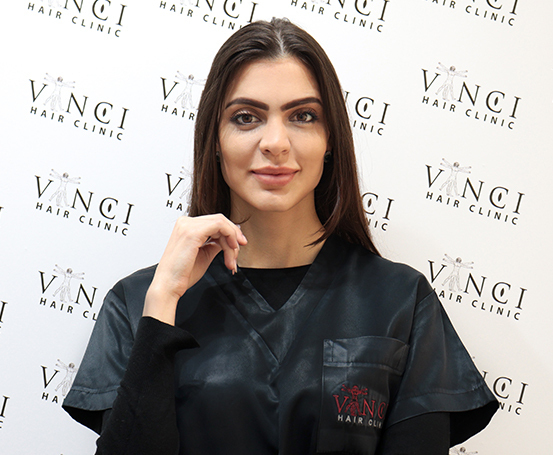Senegalese-American singer and record producer, Akon, proclaims on his Instagram account his ambition to change the world ‘one step at a time.’ Recently, the rapper discovered that changing your appearance can be trouble enough. After revealing that he had been to Turkey for a hair transplant, Akon had to endure the trolling of ‘fans’ pointing out that his new hairline looked slightly odd, that it was too straight and much too far forward.
The singer’s reasons for choosing to travel for his hair transplant were based on cost; quite simply, his procedure in Turkey cost much less than if he had chosen to have it done in the United States. That raises the question: should hair transplant surgery always be a search for the lowest price or are there other more important issues to consider?
Read on to find out more!
Hair Transplant Tourism
In recent years there has been a huge increase in the number of people travelling to countries like Turkey, Mexico, Thailand and the Caribbean for hair transplants. The Medihair 2021 Hair Transplant Study revealed that cost was a huge factor in people’s decision when it came to choosing a hair transplant clinic. Some 46% of those surveyed expressed a willingness to travel abroad for surgery if the price was right.
There is no denying that you can obtain a hair transplant much cheaper in the countries mentioned above than you can, say, in the UK or the United States. There are several reasons for that. Wages are much lower in the ‘transplant tourism’ destinations while the cost of renting or buying clinical space is also much cheaper. Additionally, fierce competition amongst service providers has resulted in prices being driven down even further. Sounds like a consumer’s dream, right? Well, no, actually. For some people, in fact, the reality is more of a nightmarish experience.
Pirate Clinics
The International Society of Hair Restoration Surgery (ISHRS) is a global non-profit medical association. It has a page on its website warning that hair transplant clients around the world are being drawn to what it describes as ‘black market pirate clinics’. Ricardo Mejia, MD, chair of the ISHRS Committee on Issues Pertaining to the Unlicensed Practice of Medicine, states that surgery in these clinics is often carried out by people with little or no medical training.
The problem identified by the ISHRS is that customers are taking a leap in the dark when they walk into one of these clinics. Who is performing the hair transplant surgery? Is it a qualified, experienced surgeon or is it a technician? What are their skills for doing the job? What, in short, do you know about the people you are trusting to do your surgery? The result is that clients are left with, in Mejia’s words, ‘botched complications and scars and hairlines that are not normal and disfiguring.’
Even clients who go to the trouble of researching a clinic in advance can be stung; UK media outlets routinely run horror stories of transplants gone wrong despite the best efforts of individuals to identify reputable providers. The problem is that identifying the shady ‘transplant mills’ can be difficult in the face of slick marketing material that hides a multitude of sins.
Natural Hairlines
There is another problem for travellers, too. Much of the important work involved in a hair transplant is done in consultation with the surgeon before and after surgery takes place. This is when the surgeon gets a close-up look at the client’s hair. It’s when the client’s new hairline is designed, and the areas of the scalp requiring the most grafts are pinpointed. Post-surgery reviews allow the medical team to assess progress and identify any potential problems.
Travelling abroad for a hair transplant cuts down on the opportunity for these kinds of meetings. Often, the last contact a client has with a clinic abroad is when they walk out the door after surgery.
Conclusion
When considering a hair transplant, it’s important to put safety and quality above all other considerations. While modern hair transplants are minimally-invasive, they are still a surgical procedure. You want to be sure the person performing the surgery has the skills to do so. Even if that person holds the right qualifications, are they sufficiently skilled and experienced to give you a result you’ll be happy to look at for the rest of your life?
If you’re doing your research on hair transplant providers, Vinci Hair Clinic is worth checking out. We’re one of the largest hair restoration providers in the world, with a network of clinics across many countries and continents. We offer a free, no-obligation consultation to all our new clients. This can take place in person or using photographs on WhatsApp. All you have to do is get in touch and make an appointment!



